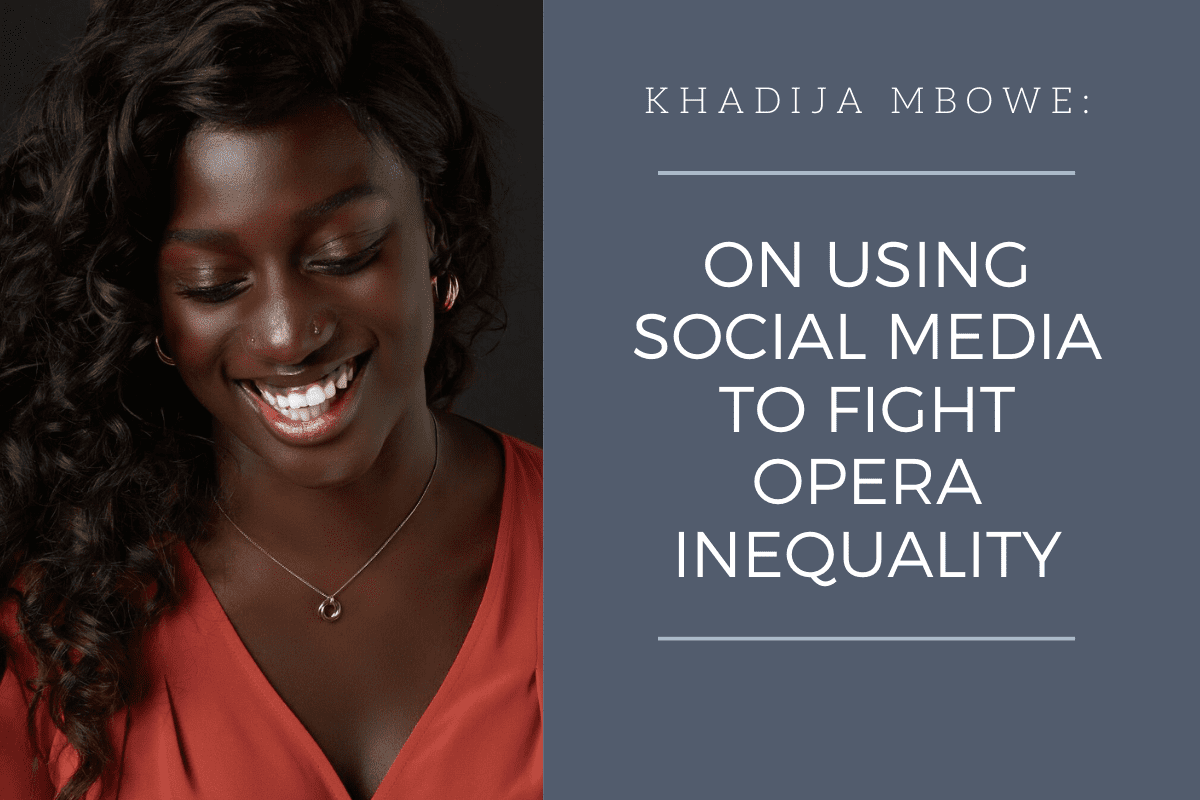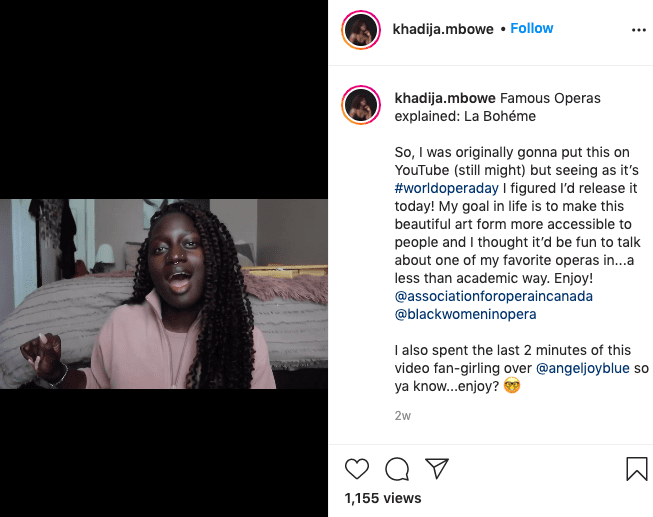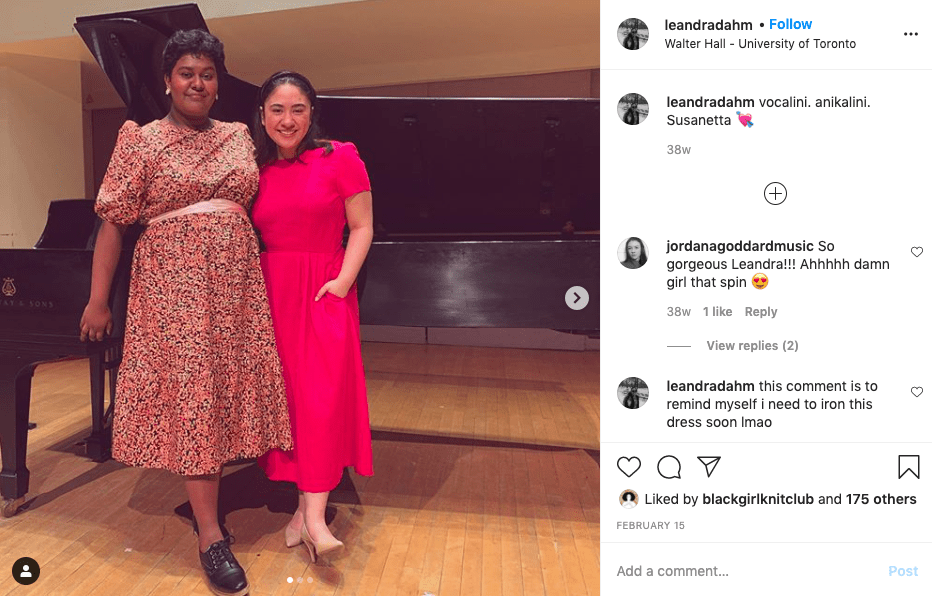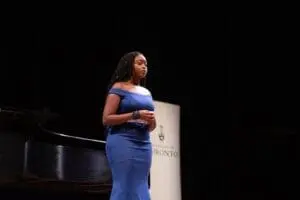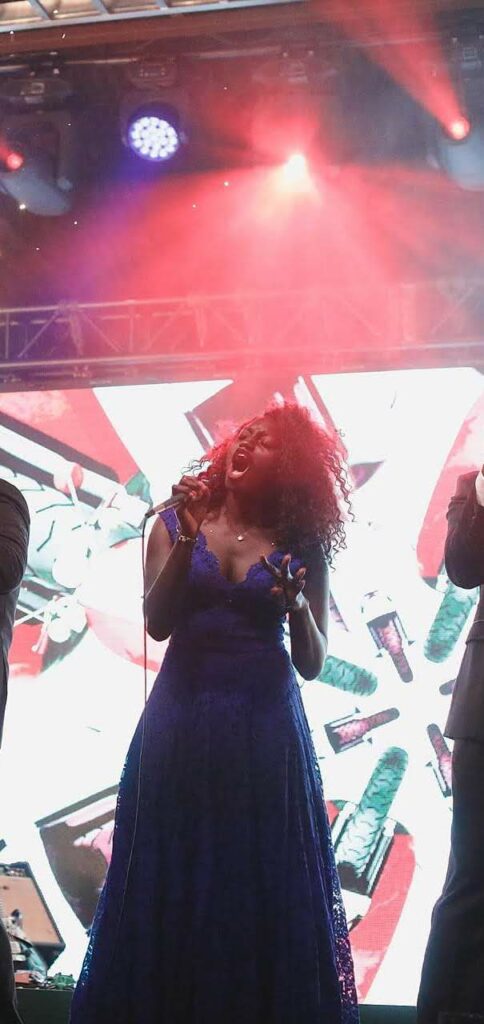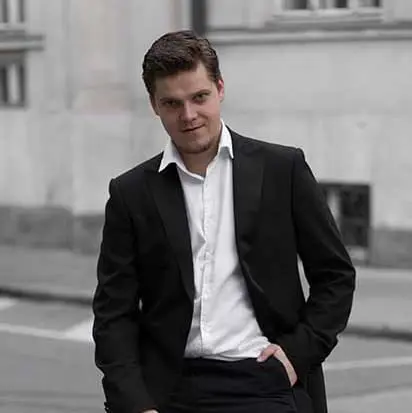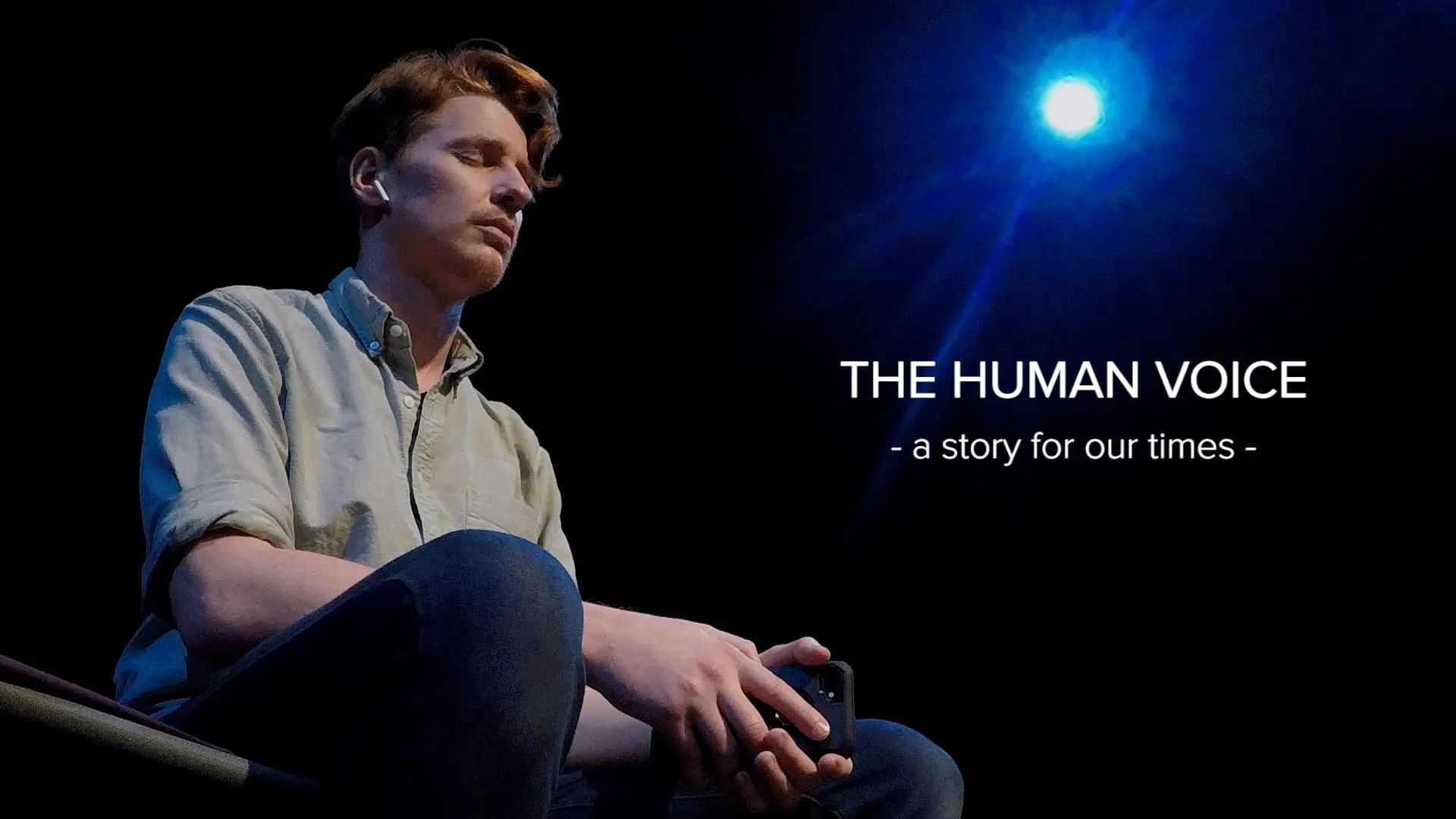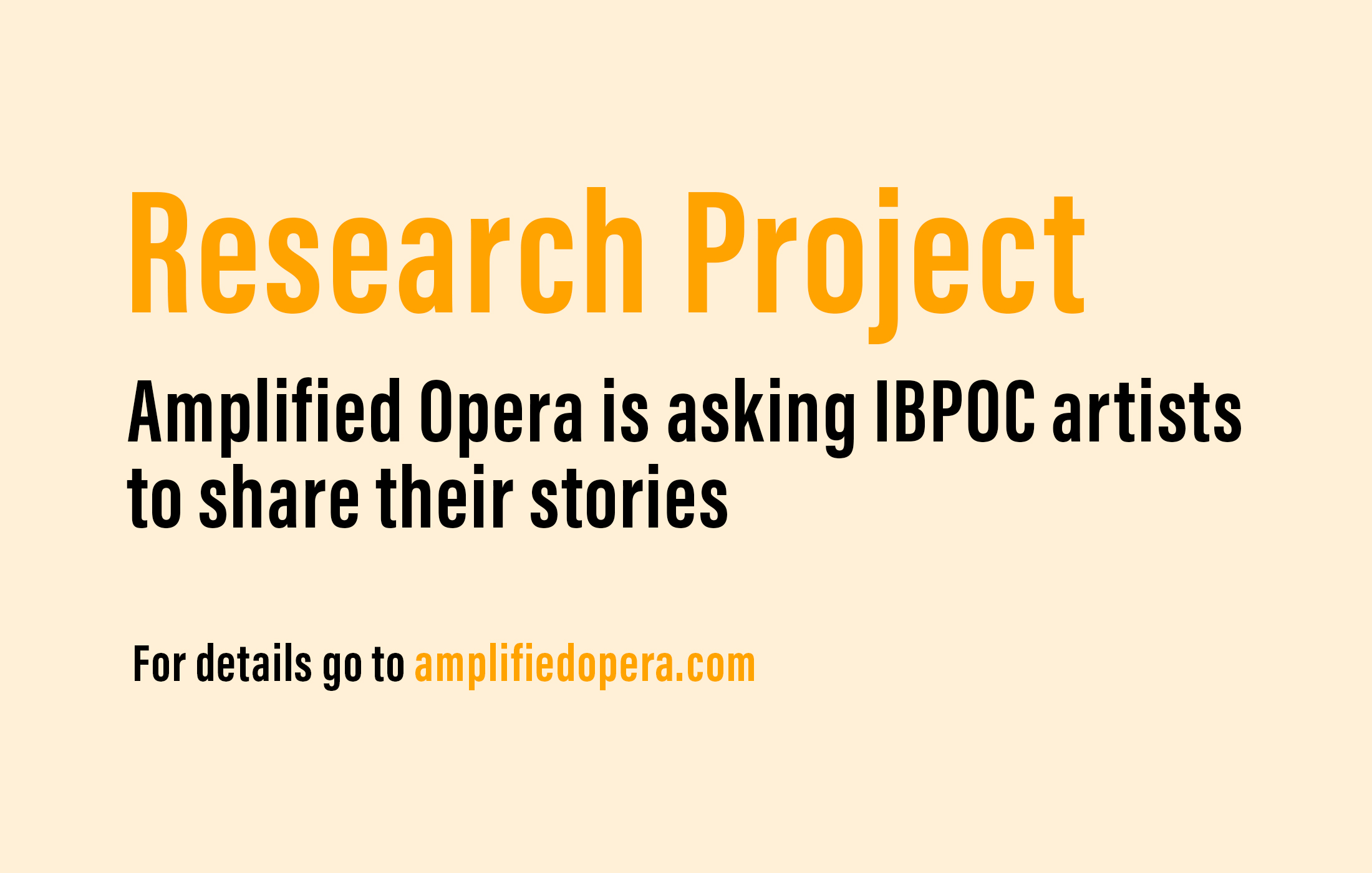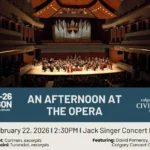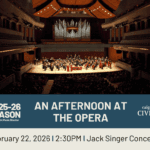Turning To Social Media: Everything is Political
The Internet has unleashed a whirlwind of accessibility that is forcing many to ‘get with the times’ or swiftly get left behind, and no one understands that more than young people. Young marginalized opera singers and white allies are leading by using platforms–Instagram, Twitter, and the stage–to end the tradition of silence around inequality and exclusion that has long plagued the opera industry.
It is time the older generation gave us space to use our voices, and then truly listen to what we’re saying. This new generation is turning to social media to produce their own virtual recitals, get in contact with established singers, and build a personal fan base. This means they are comfortable effectively using social media to say their piece.
“I remember when I was in undergrad, [we were] being taught to sanitize our public image and the way we presented ourselves on social media. [We were taught] to not talk about politics, especially because that could alienate some people that didn’t believe what we believed,” said soprano Ibukun Babalola, 26.
“The thing is: Everything is political,” Babalola said. “Especially for people of colour, your very existence is political–the way you choose to exist in the world and where you choose to exist in the world…So, as a person of colour, or anyone from a marginalized group, speaking up about politics is about speaking up for yourself.”
Babalola is a recent alumna of the University of Southern Mississippi, and she uses her Instagram account to post practice videos. However, she also uses her account to speak up about racial injustice and she said she believes more singers should be speaking up.
“You don’t stop being yourself just because of the profession you’ve chosen. Being an opera singer doesn’t make you any less of what you are. It shouldn’t preclude you from standing up for yourself or advocating for yourself,” Babalola said. “If you’re afraid that doing so will alienate the people who might hire you, then maybe you don’t want to work for them. Maybe you don’t want to work for people who don’t value you as you.”
Her viewpoints echo a sentiment felt by other young singers of colour–a sentiment rooted in the belief that “art can’t be made in a vacuum,” said University of Toronto Voice student Leandra Santiago Dahm, 19: “If you’re making music, you’re making art…And wouldn’t you consider that to be the highest form of self-expression? I think it’s inherently a political act to just open your mouth and sing.”
For many years, opera avoided this political reckoning. Other artistic disciplines did too, opting to focus on solidifying tradition instead of being too ‘disruptive’ to their predominantly white audiences. After May 2020, all of that changed; after George Floyd’s murder at the hands of Minneapolis police, no one could hide from politics of racism. Not even opera.
Since then, opera has been undergoing an identity crisis. Major companies and institutions are finally facing the fact that their establishments–though well intentioned in bringing music to the masses–have shut out a significant portion of potential audience members and participants alike, while alienating those who managed to find their way in.
Deafening Silence
Conversations about racism and exclusion were never meant to be easy and young singers know that. It is why we turn to the Internet, allowing us some freedom to scream into the void of our cellphones what we dare not say in a public masterclass.
It’s also how we turn to more established singers to help lead the way. Social media levels the playing field for those who feel like their voices are constantly going unheard. It gives some of us a sense of control at a time when everything feels out of our hands. Young singers are using social media to have tough conversations, but they are also noticing that some singers and major companies are not so ready to use the power of their voices.
Soprano Anika Vanketesh, 19, studying Classical Voice Performance at the University of Toronto, shared her dismay with this noticeable silence: “It is disappointing, especially from singers who aren’t really that much older. I feel like they have used social media enough to realize that, in the time that they’ve lived, opera is historically racist.”
“To not even acknowledge that, or that you benefit from that, or that it’s a privilege to engage in this without having to experience these barriers is not surprising…but [it is] disheartening,” Vanketesh said.
Yet, the singers I spoke to had sincere empathy for the position of established singers; they understand that you can’t force someone to be political on their platform. They understand that there could be a lot of great work happening offline. But, for young singers of colour, no matter how understanding we may be, our empathy can only go so far.
“As a younger fan, you’re always looking up to that generation of people,” said soprano Ineza Mugisha, 20, who also studies at the University of Toronto. “Not all young people are ‘woke’ or know about what’s going on, but one little post could help spread the word to young singers that look up to you. Listen and pay attention and make sure you’re aware of what’s going on… Not just living in your cute Wagner world. There’s more to life.”
Exclusion, alienation, and ignorance are rooted and upheld by racism–a term not to be used lightly in this reckoning. Instead, it should be seen as the only way of explaining the disparity of BIPOC representation in every sector of the opera world, from in front of the curtain to behind the stage. Racism has been perpetuated in opera by years of tradition, ‘etiquette’, and silence. Until now.
Young singers, particularly young singers of colour, are refusing to keep their opinions to themselves. They are asking the powers-that-be to finally listen. This task is not an easy one. Older generations of musicians can be afraid of the ‘power’ social media wields, or sometimes deem it as an ‘unsafe space’ to conduct honest and reliable discourse. I understand these concerns but as a young singer of colour currently experiencing the limitations of opera, I say “Maybe,” But also, “So what?”
“I understand that the previous generation came up in a different time, when survival in this world and in this industry were the most important, but we’re off just trying to survive; we want to live,” Babalola said. “That part that you’re hiding from us, that you’re white washing, that you’re cleaning up and tucking away…That’s the part that would make your art so juicy.”
It is tough seeing more politics on your social media feeds, but it is harder living these racial experiences. As a black singer, I cannot turn off my skin. I cannot mute my gender identity. I am unable to delete my queerness, and I should not have to in order to feel like I have a chance at succeeding in this industry. Like every social revolution before this, young people are leading the charge.

